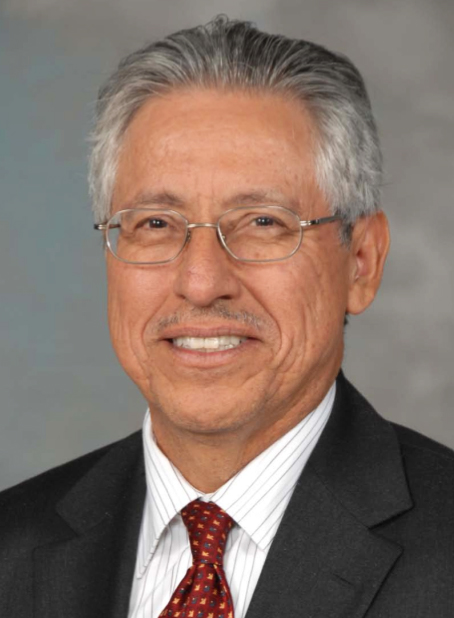SUBMITTED BY Fernando Torres-Gil
The day after the 20l2 national elections will bear witness to major social, economic and political consequences for the United States, regardless of who is president and which political party controls the U.S. Congress.
There is one group, however, that may not fully realize the impact the election will have on their plans for retirement and old age: aging baby boomers. That post-World War II cohort born between l946 and l964 is coming of age, or more appropriately, coming of old age.
The leading edge of this group is turning 66 years of age and becoming eligible for full Social Security benefits. And this group is assuming that as they grow old, regardless of economic circumstance, they will at least receive the public benefits their parents and grandparents have enjoyed: Medicare, Medicaid, Social Security, the Older Americans Act, Social Security Disability Insurance and senior discounts.
The reality, however, is that shortly after the Nov. 6 elections, the executive and legislative branches must come to terms with a “fiscal cliff” that requires reducing the federal debt, balancing the federal budget and ensuring an adequate national defense.
To do all this will require raising taxes and increasing federal revenues, drastic cuts in the federal budget, or a combination of the two. In addition, what is also being seriously considered by both political parties is a major restructuring of the entitlement programs: Medicare, Medicaid and Social Security.
There appears to be a growing consensus among the policy elites (aka Beltway political elites) that the United States cannot afford these promised benefits given the pending old age of up to 75 million baby boomers ““ double the number of today’s senior citizens.
Should this thinking lead to major changes in these entitlement programs, aging baby boomers (many of today’s UCLA professors fit this age category) may face drastic changes in their retirement plans and a more tenuous safety net.
This will compound what appears to be poor planning for old age by baby boomers: inadequate savings, the disappearance of defined benefit plans, the demise of pensions and retirement security, a loss of home equity, the absence of publicly funded long-term care, smaller families and fewer caregivers, and increasing unemployment among older workers.
For those of us who expect that the UC retirement program will keep us immune from these changes, we may want to avoid being smug. There may well be an initiative on the California state ballot next year to reduce pensions for state employees (and it would almost certainly pass given that most Californians do not enjoy those robust benefits).
The 20l2 national elections may be a harbinger of a new vulnerability for the next generation of older persons which in turn may lead to either increased poverty rates among the elderly and a large disenfranchised elderly population, or a renewed politics of aging whereby 75 million baby boomers use their electoral clout to reshape the political landscape.
The day after the 20l2 elections will give us clues as to which of these scenarios will unfold. The younger generations ““ Gen X, Gen Y and Gen I ““ including UCLA undergraduates, would do well to take note of this new politics of aging. It may determine whether or not they will have to take greater responsibility for their parents and grandparents as they age.
Torres-Gil is a former assistant secretary on aging at the U.S. Department of Health and Human Services and a professor of social welfare and public policy.
